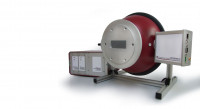该产品已停产。可能仍有剩余库存。请参阅下面 "类似产品 "下的替代产品或直接联系我们
此停产产品的替代产品:
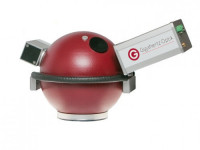
TPI21-TH
Measurement system for the testing of LEDs and LED assemblies
- CIE S025 compatible
- Temperature control
- Keithley 2400 source
- BTS2048-VL spectroradiometer
- Automatic measurement procedure
- Intuitive fast DUT contacting, etc.
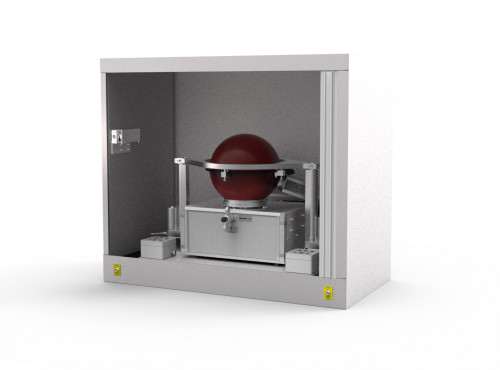
The photometric specifications of LEDs must meet very high tolerance requirements regardless of whether they are to be used in general, automotive or other specialist lighting applications. This is often a problem since the manufacturing tolerances of LEDs can be higher than those permitted in the end-use applications. Also, LED binning by LED manufacturers in order to classify LEDs based on their tolerances is performed with flash mode testing using pulsed current flow. However, end-use applications of the LEDs often operate in constant current mode and with significant thermal effects. The sophisticated LED processing industry therefore requires measurement devices that can be used for both manufacturer-compliant pulsed mode, as well as constant current operation mode. When the LEDs are run in constant current mode, the junction temperature has significant influence on the performance and lifetime of the LED. Therefore, test systems should be able to test the LEDs at specific junction temperatures.
The TPI21-TH and its function groups
The TP121-TH from Gigahertz-Optik GmbH is a high-quality LED testing system that supports a fully automated testing process. The only thing that has to be done manually is the attachment of the devices under test. The system’s design conforms to the latest norms and regulations (such as CIE S025, LM-79-08, DIN 5032 Part 9). It comprises five main function groups:
- Light meter for the luminous flux, spectrum, color, and color rendering index
- Thermoelectric LED attachment for electrical contact, heating, and cooling
- Supply and measurement electronic system for pulsed and constant current modes
- Software for fully-automated measurement sequences with conclusive light evaluation
- Light-tight housing
Light meter
The light meter consists of the BTS2048-VL-TEC spectroradiometer and a 21 cm diameter integrating sphere with a 70 mm measurement port. One unique feature that differentiates it from conventional devices is that the spectroradiometer and integrating sphere are rigidly coupled without a light guide resulting in a robust, monolithic module that is fully calibrated. This is made possible by the extremely compact and lightweight design of the BTS2048-VL-TEC. This makes it possible to place the light meter above the sample and to automate lowering it over the device under test. Sample handling is extremely easy and contamination of the sphere’s measurement port is minimized. The BTS2048-VL-TEC conforms to all the requirements of CIE S025, LM-79-08, and DIN 5032 Part 9 in terms of the spectral resolution, stray light characteristics, linearity, signal to noise ratio, and responsivity. This is enabled by the high-quality TE-cooled CCD based spectroradiometer in combination with the photometric Si photodiode of the BiTec light sensor. The zero setting function (electronic shutter) of the CCD allows for precise, short-term measurement within a light pulse without the need to perform any dark measurement in advance. The BTS2048-VL-TEC has a trigger interface to enable time-synchronized measurements. More information on the BTS2048-VL-TEC can be found on its datasheet. The integrating sphere also conforms to CIE S025, LM-79-08, and DIN 5032 Part 9 and is therefore equipped with an auxiliary lamp and a temperature sensor. The dome-shaped protection window at the measurement port prevents contamination of the sphere’s inner surface.
Thermoelectric LED test socket
A good LED test socket must provide a reliable electrical connection to the test LEDs, facilitate attachment of the test LEDs to the heat sink, and be able to control the junction temperature through cooling and heating.
The LEDA-7-TEC LED test socket of the TPI21-TH LED measurement system has 250 W Peltier element with a powerful heat exchanger for rapid regulation of the LEDs’ junction temperature. This makes it possible to also operate large PCBs (up to 70 mm diameter) in the entire temperature range between +25°C to +85°C +/-1°K. A PT100 temperature sensor is integrated in the heat sink. LED adapters are additionally offered for both standard SMD LEDs and onboard LEDs. All the LED adapters support separate current supply and voltage measurement of the test LED via four-pole contacts. The attachment to the heat sink is done through a metal adapter that is specifically designed for the respective LED. The LEDA-7-TEC LED socket is fully remote controlled.
Electronic supply and measurement system
Power supplies from the Keithley 2400 series are used to supply test LEDs in pulsed and constant current modes (max. 60 V, 3A, and 60W). Their source meter function allows for simultaneous measurement of electrical parameters according to DIN 5032-9, LM-79-08, and CIE S025. As for the pulsed mode, the light meter and source meter are connected to an extra trigger line for time-synchronization. Current supply and voltage measurement are performed on separate supply lines. Operation of the auxiliary lamp is performed by a separate power supply. Both power supplies are fully integrated in the user software.
Software
The measurement system is operated using intuitive software. It controls the measurement device, thermoelectric socket, the Keithley source meter, and the height setting of the light meter. Evaluation of the measurement results can be customized using configurable parameters and user scripts. For instance, measurement intervals can be defined for automated tests. The completion of a measurement is signaled graphically and/or with an acoustic signal. The software supports the function of the auxiliary lamp (self-absorption correction) and recalibrations by the user.
Light-tight housing
A light-tight box is also supplied for the TPI21-TH LED measurement system. This allows for operation in bright ambient areas (e.g. goods-in quality control areas). The perfectly designed access to the measurement socket makes for ease of use. A door latch is added for safety reasons during the measurement and while the test LED is still hot.
Calibration
One essential quality feature of photometric devices is their precise and traceable calibration. The TP121-TH is calibrated by Gigahertz-Optik’s calibration laboratory that is accredited by DAkkS (D-K-15047-01-00) for the spectral responsivity and spectral irradiance according to ISO/IEC 17025. In order to facilitate its use in measurement of LEDs with 2Pi radiation characteristics, the calibration is performed using a BN-LHSF-2P-20 calibration lamp that provides simultaneous 2Pi irradiation to the test LEDs.

TPI-21-TH for measurement of the luminous flux, spectrum, color, and color rendering index without dark box
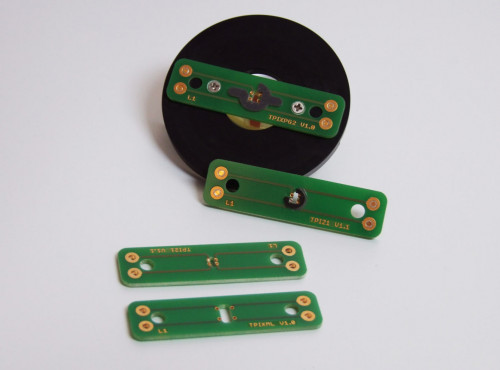
TPI21-TH, LED mounting adapters
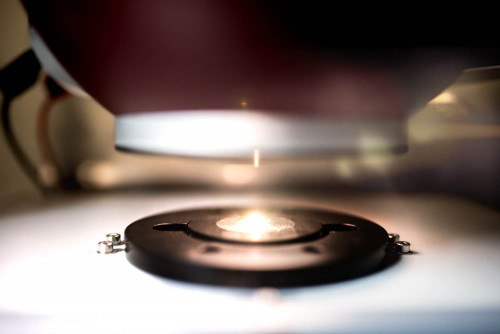
The integrating sphere moves motor driven in the measurement position
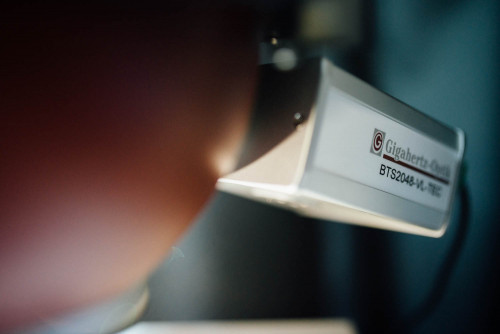
high precision BTS2048-VL-TEC spectral radiometer
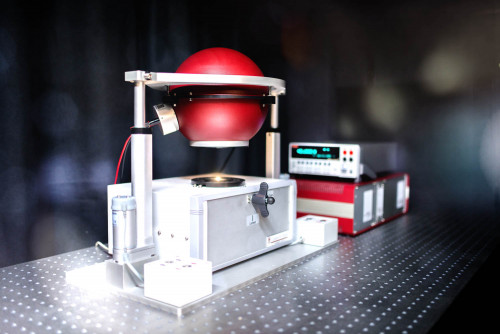
TPI21-TH measurement system without casing
类似产品/Similar Products

